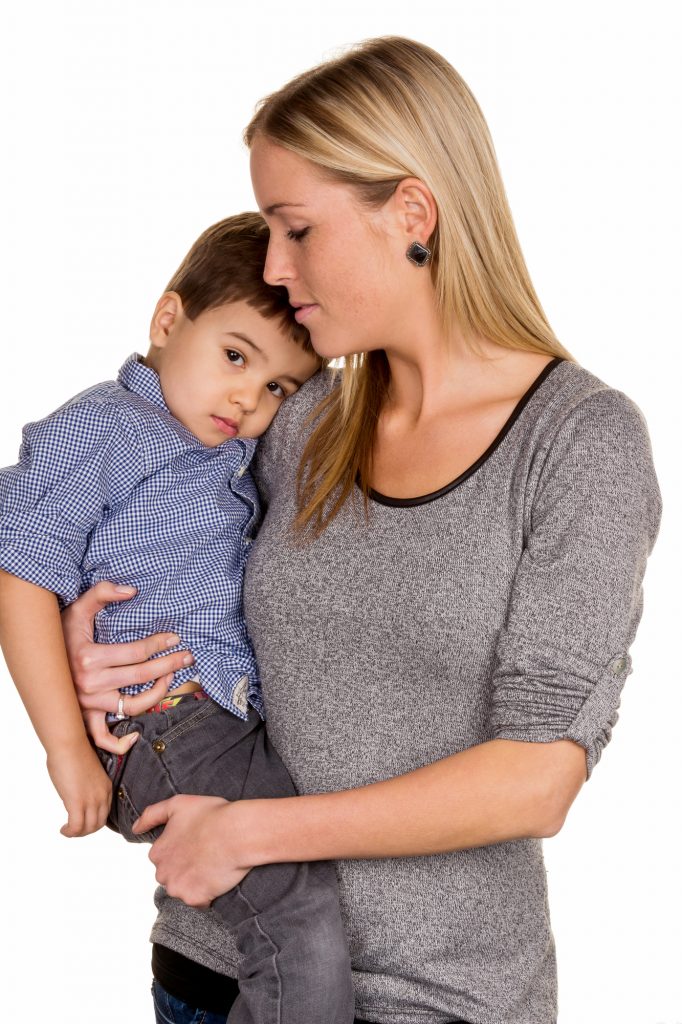Physical and Legal Custody
PHYSICAL AND LEGAL CUSTODY
Physical Custody vs. Legal Custody
The changes that go along with divorce bring about entirely new life situations for the people involved. When a couple divorces, they have to separate their living situations and prepare new arrangements for the future. If divorcing partners have children, determining custody is one of the important arrangements. Custody arrangements establish which parent the child or children will spend most of their time with and determine the level of influence parents can have in the child’s life. If a couple cannot reach these decisions in a mutually agreed-upon manner, then the court will do so by deciding what custody arrangement is in the best interest of the child. Custody arrangements differ and can be broken down into physical custody and legal custody.Physical Custody
Physical custody establishes the parent who the child or children will live with and with whom they will spend most of their time. Since it determines living arrangements, it is also known as residential custody. The parent who has physical custody is referred to as the custodial parent because they are the child or children’s primary guardian. In many instances, even though the youngsters may live with the main guardian routinely, they may also spend time with the non-custodial parent, in his or her home.

Legal Custody
Legal custody differs from physical custody, and parents need to understand the concept of legal custody when they are navigating a divorce. As stated above, physical custody determines where a child lives. Legal custody, however, covers another aspect of a child’s life. Divorcing spouses find it is still critical for them to fight for legal custody even if they don’t have physical custody of their child or children. When parents have legal custody, they can have a say in the significant matters that affect a child’s life. They are entitled to influence in regard to decisions made about issues such as health care, education, religious practices, and much more. Legal custody enables both parents to be involved and have an ongoing relationship with their child or children. It can also come in handy if a custodial parent wants to relocate with their child to a distant place. When a non-custodial parent has legal custody, they have the right to speak up and have a say in such situations.
How Custody Determinations Are Made
When divorcing parents go to court for custody, a judge has the right under the law to make the final decision regarding the custody arrangement. The judge takes different factors into account about the parents and their child (or children) to come to a decision. This can include but is not limited to:
- Deciding if the parent will act in the child’s best interest
- Determining if the parent can provide a stable home
- Examining the relationship between the child and each parent
- Accounting for any history of abuse
- Accounting for the safety and needs of the child
- Hearing the preference of the child if they are of an appropriate age
Clearly, custody determinations are no simple matter in certain situations. Still, they are an undeniable aspect of divorce, and people seeking divorce typically need a divorce or family law attorney to help them reach the best outcome.
